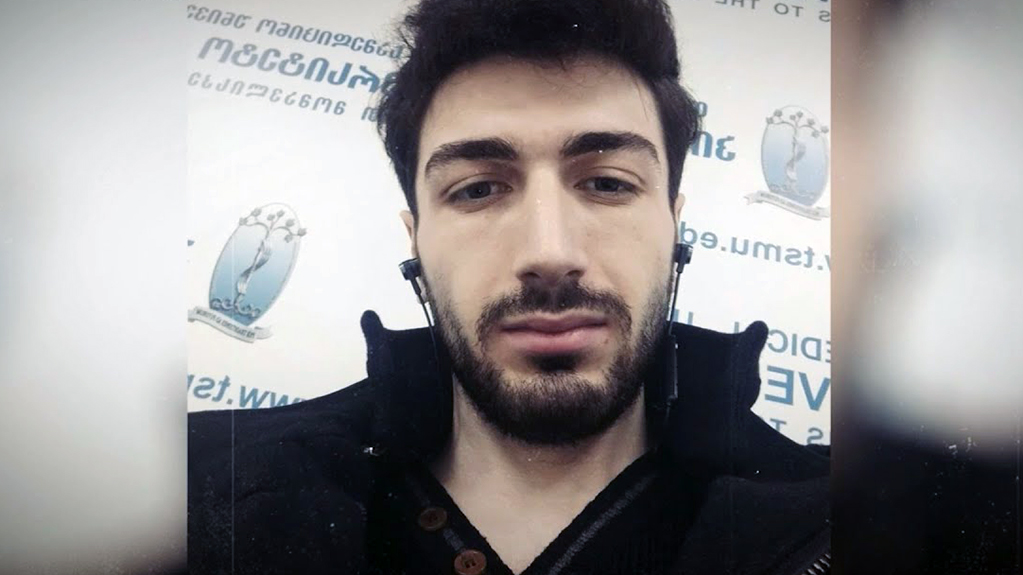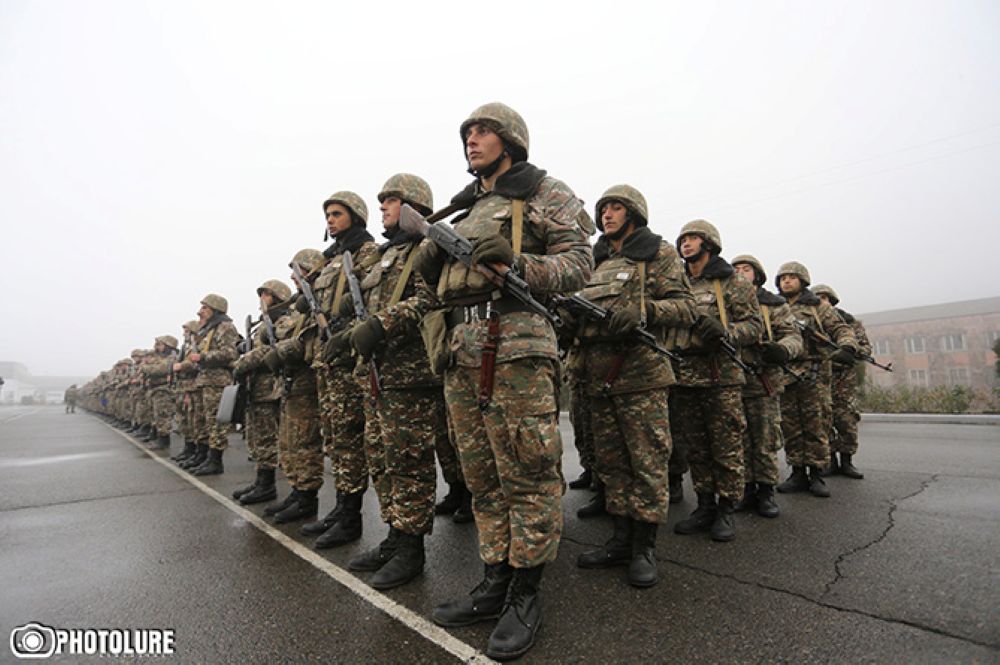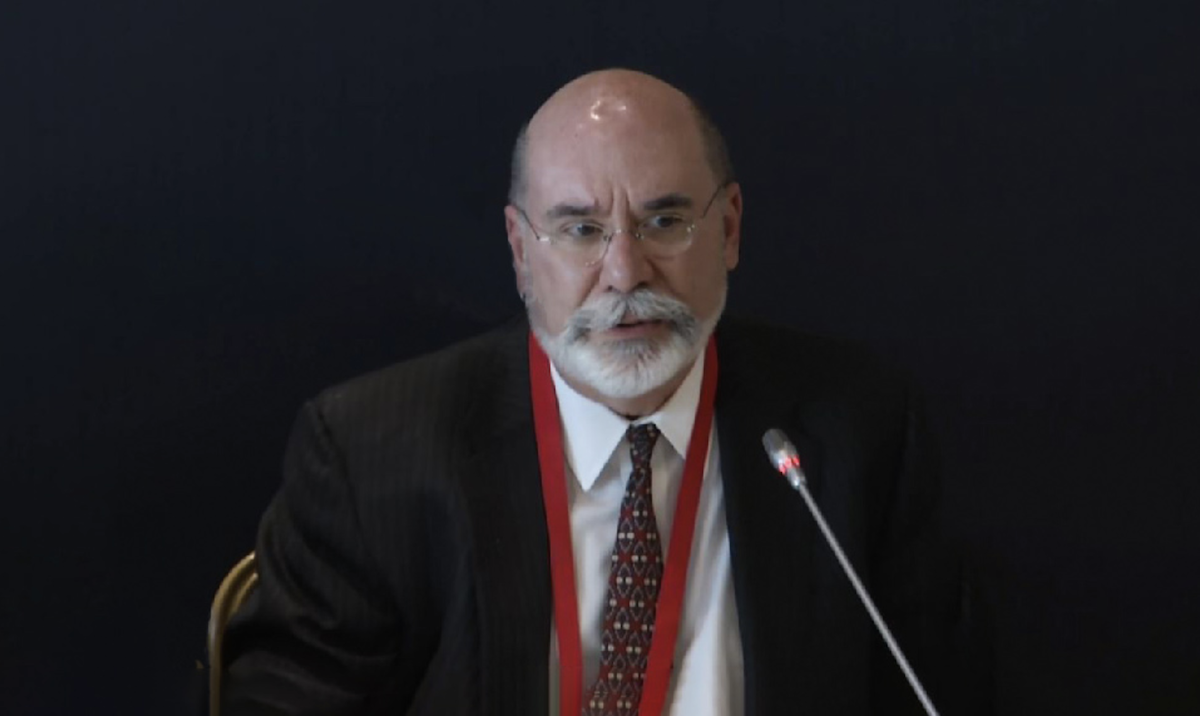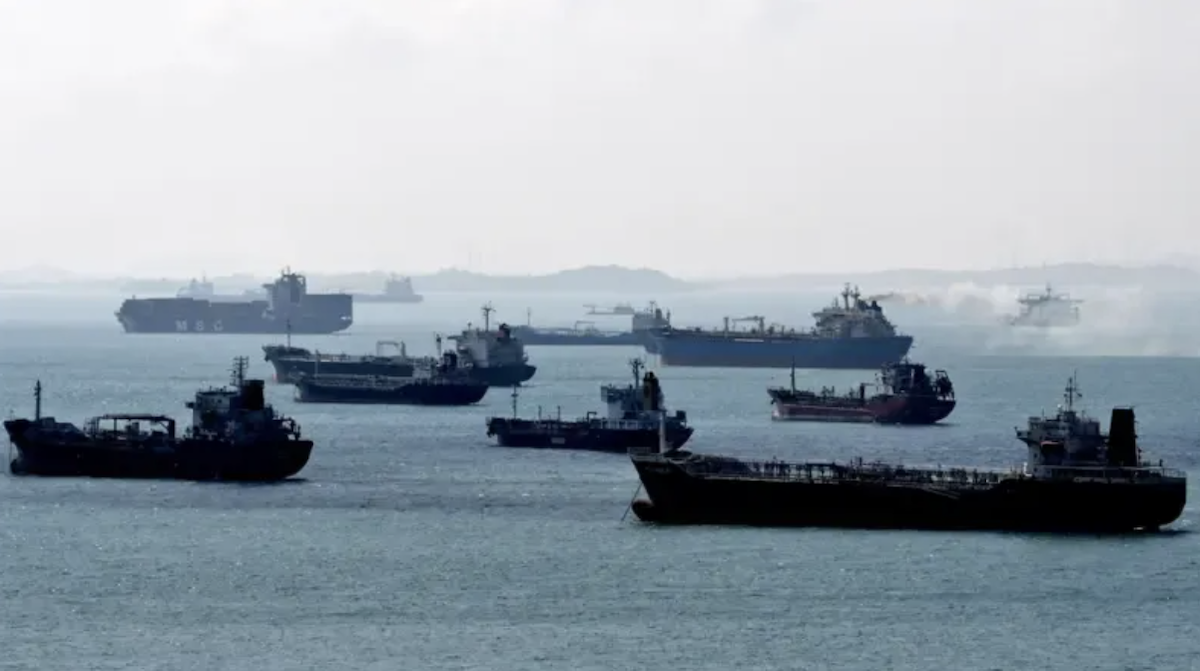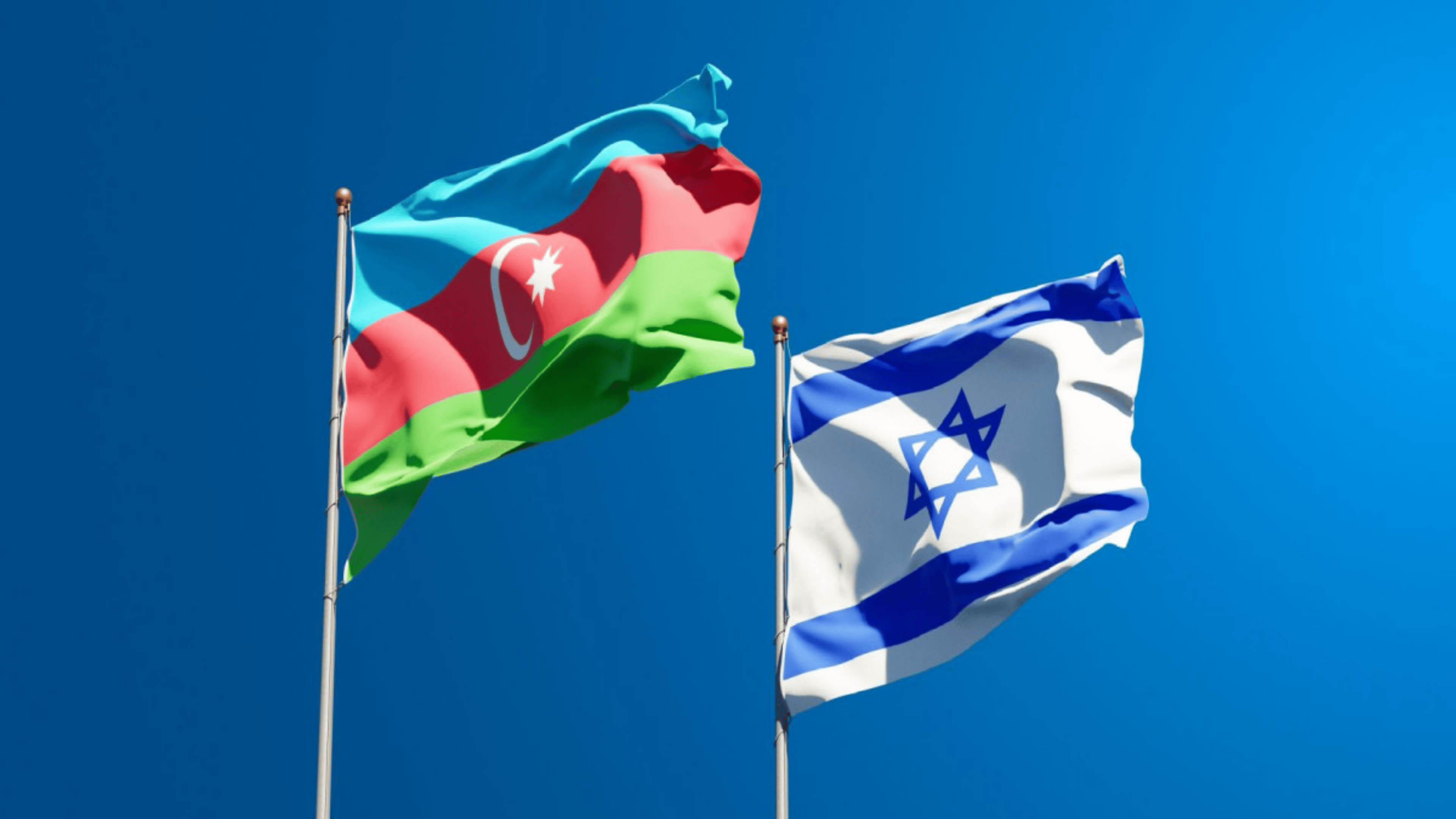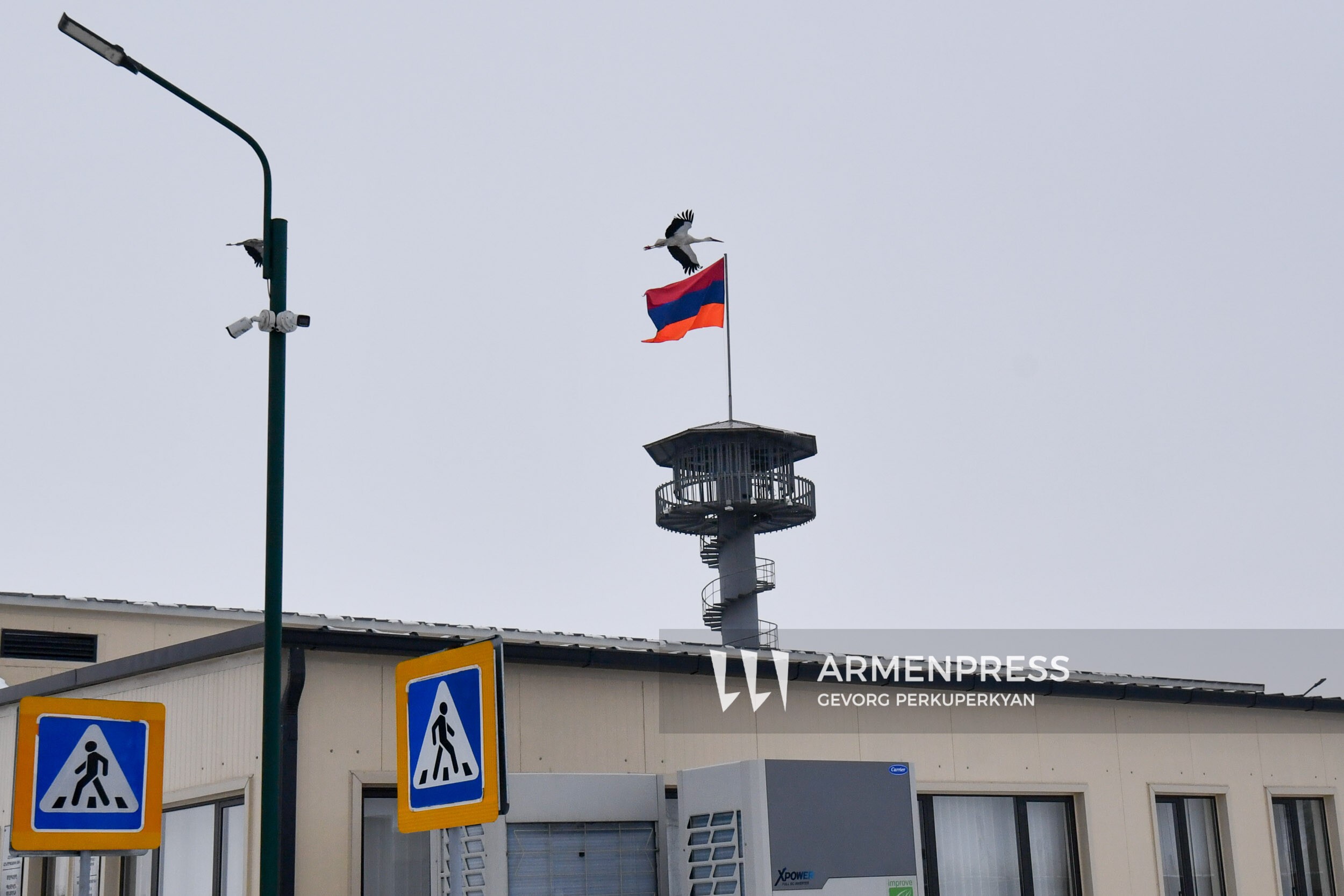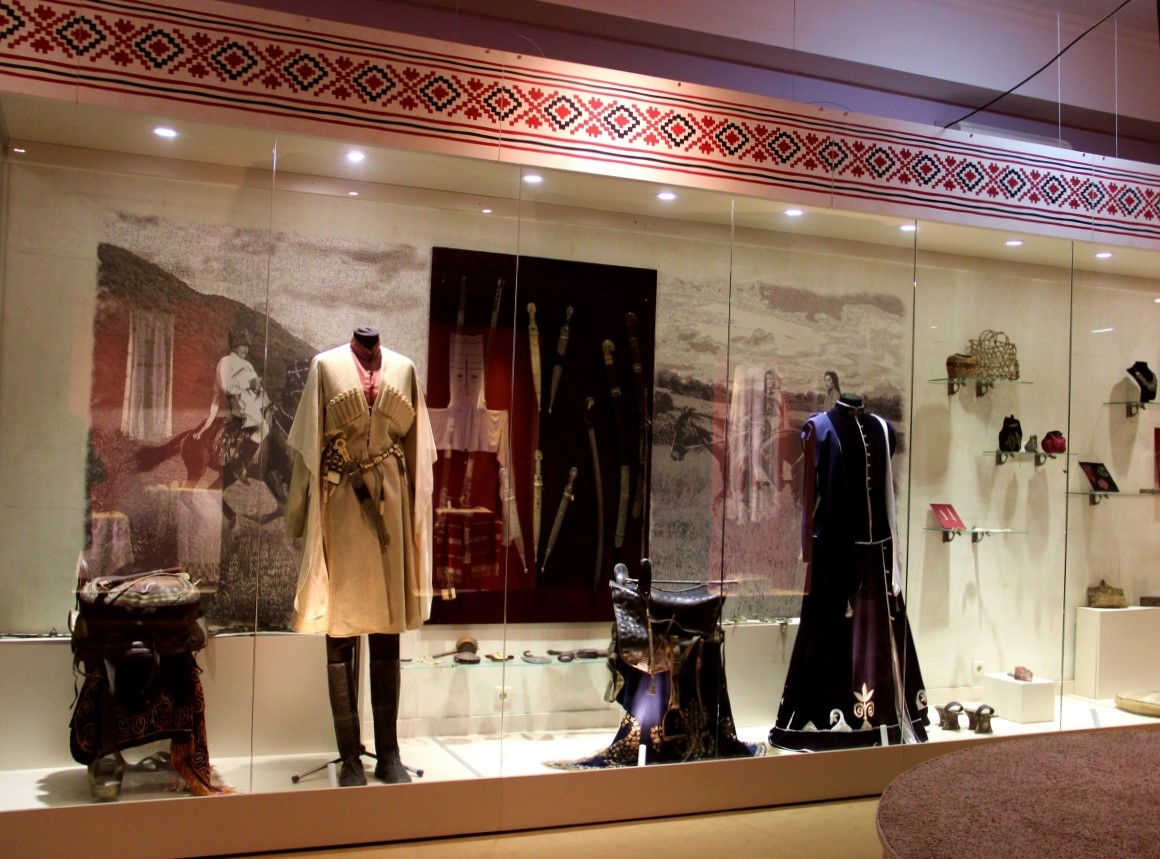Georgia's human rights situation was fragile in 2023 - Human Rights Watch
In 2023, the human rights situation in Georgia was unstable and tensions dominated political life, related to the implementation of the 12 recommendations identified by the European Union for Georgia to become a candidate country for EU membership, which include important human rights criteria. All this is mentioned in the report of the international human rights organization Human Rights Watch for 2024 in the subsection devoted to Georgia.
What does the report say?
HRW emphasizes that the Georgian authorities attempted to adopt a law on “foreign agents” that would undermine freedom of expression. Lack of accountability for abuses of power by law enforcement agencies persisted, especially when it came to freedom of assembly.
Other human rights concerns included restrictions and encroachments on media freedom, as well as unfair labor conditions. The national human rights strategy does not protect the rights of the LGBT community.
In November, the European Commission recommended that Georgia be granted EU candidate status on the condition that the country implement further reforms, according to a Human Rights Watch report.
It also notes that the government’s hostile rhetoric against civil society organizations continued throughout the year. The report emphasizes that the UN Special Rapporteur on Human Rights, after an official visit to Georgia, expressed concern about systematic efforts to undermine the rights of human rights defenders.
In September, the Georgian State Security Service launched an investigation into an alleged “coup d’état” funded by USAID [U.S. Agency for International Development] aimed at recruiting activists, inciting civil unrest, and overthrowing the Georgian government. The U.S. embassy has categorically denied all allegations. Georgian security services interrogated a dozen activists who signed non-disclosure documents to prevent the case from being discussed in public.
- What is the “Franklin Club” in Tbilisi, and why is the government unhappy about it?
- Grigoridias’ rights violated – independent lawyers
- Posters, slogans and jokes at Georgia protests. Photos
The Human Rights Watch report also states that in 2023, the Public Defender’s office and civil society organizations recorded several cases of excessive use of force by the police and unlawful state interference in freedom of assembly.
It is explained that riot police used water cannons and large quantities of tear gas to disperse thousands of peaceful demonstrators who spontaneously gathered for a rally against the “foreign agents” bill. The Public Defender’s office said the measures were disproportionate and unnecessary.
According to the organization, the Special Investigative Service, which deals with cases of abuse of power, launched an investigation into police actions during the protests after receiving 124 complaints of violence.
According to the report, Georgian human rights groups criticized the continued practice of police using administrative charges to detain peaceful protesters.
“Court decisions on administrative offenses are often based only on police testimony and ignore fair trial standards. In June, police arrested several activists, including members of prominent human rights groups, on charges of disorderly conduct and disobeying police orders for holding banners with the prime minister’s name deliberately misrepresented, blank posters and copies of the constitution. After 48 hours, police released them.
In September, a court fined them for disorderly conduct and disobeying police. In July, police arrested about 20 participants in an anti-war demonstration against the arrival of a Russian cruise ship in Batumi port. In August, the Special Investigative Service launched an investigation into alleged physical and verbal abuse by police during these arrests,” the report said.
Human Rights Watch recalled that in October, the country’s ruling Georgian Dream party fast-tracked amendments to the law on rallies and demonstrations. It gives police discretion to disperse or detain protesters who attempt to use temporary “structures” such as tents or makeshift stages.










